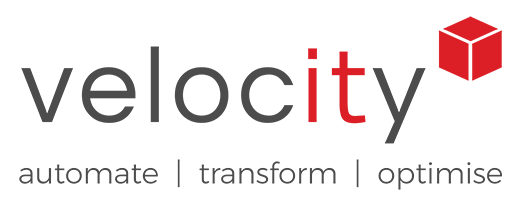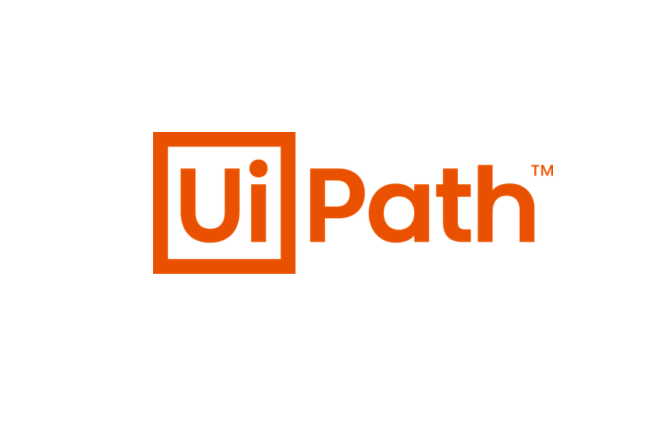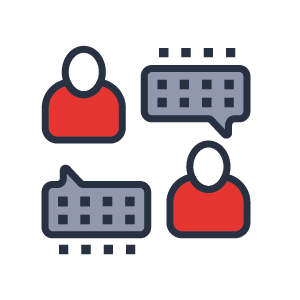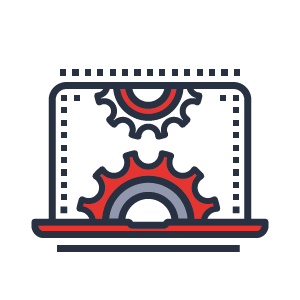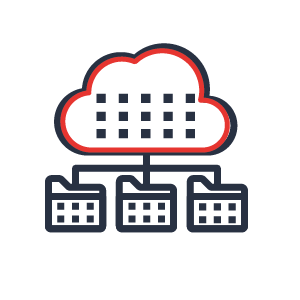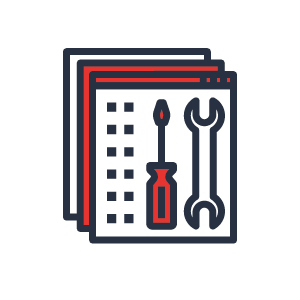Thanks to the proliferation of digital technology, many established corporations have been disrupted by start-ups who have embraced technology to gain a competitive edge. Giants such as Blockbuster – who had the opportunity to buy Netflix for just $50 million in 2000 – have gone defunct, while the latter’s market cap recently passed $100 billion. So how does your corporation avoid the same fate? What distinguishes the disruptor from the disrupted?
Are you providing the value you think you are?
Employees today spend only half their time doing their actual job, with much of their time spent on admin and inefficient meetings, and only 37-40% of workers feel that their work makes a meaningful contribution to the world. Clearly, something is wrong here. Over the last few decades, a growing proportion of work involves maintaining the increasingly complex bureaucracy and administration of corporations. These setups are getting in the way of creating value, and are ripe for disruption.
People – both employers and employees – and their creativity, intellect and insight are the core of any organisation, and unleashing that potential is vital. Technology such as robotic process automation (RPA), robotic desktop automation (RDA) and chatbots can boost productivity and reduce costs, and allow the human core to focus their time and energy on the creative and strategic work that breeds innovation. ‘Bots’ can be used in various ways, from automating entire processes to augmenting existing ones that employees do; deciding how and where to implement them is the challenge. A good way to get started is to define some specific goals, and choose a company that can help you optimise your business processes with bots to align with these.
From command-and-control to coordinate-and-cultivate
In the era of disruption, being agile as an organisation is essential to adapting and maintaining success. For a garage start-up that doesn’t have an organisational legacy or need much stability, agility is a lot easier – this can give them a competitive edge. On the other hand, established corporations are built on a managerial hierarchy, with clearly defined, segmented roles in a chain of command – and the complexity of their organisations means they cannot function without stability. The key is to find a balance: a stable core which supports the more agile and dynamic elements. In fact, the most agile corporations are also the most stable. Apple, for example, has transformed into a leading music and lifestyle brand, yet its original core of building computers has remained throughout, supporting its expansion.
This represents a shift in paradigm: from command-and-control to coordinate-and-cultivate. Coordinating involves looking at processes that need to occur and the relationship between them, while cultivating determines how to optimise processes and allow your business to transform through a combination of controlling and letting go. Effective management requires a more fluid and flexible approach, moving between greater centralisation or decentralisation depending on the task and goals at hand. This can be facilitated by technology such as custom-built apps, which allow your organisation-style to be more dynamic and evolve with the needs of your business.
See disruption as an opportunity
While digital disruption poses a threat to established corporations, it also provides unprecedented opportunities. With technology such as Analytics and IoT, you can understand customers like never before – you can identify exactly what product or service they want, what they’re willing to pay for it and what enhances their experience with your business; while AI can alert you to market shifts so you can change your offer with the click of a button. Keeping your value proposition at the heart of your strategy is crucial here: the value that giants like Netflix and Amazon provided was not a new product, but unparalleled convenience and selection.
Each new disruption presents an opportunity. With the rise of Netflix came a surge in the demand for cheap, high-speed internet, resulting in competition that caused massive disruption in the ISP industry. By keeping track of market shifts and the gaps they create, you can not only be disruption-ready but become a digital disruptor yourself. While established corporations have certain constraints, they also have advantages: with smart investment in technologies that enable business optimisation and initiate a digital transformation, you can utilise your corporation’s capital along with its unique data and workforce to drive innovation – giving you a competitive edge.
